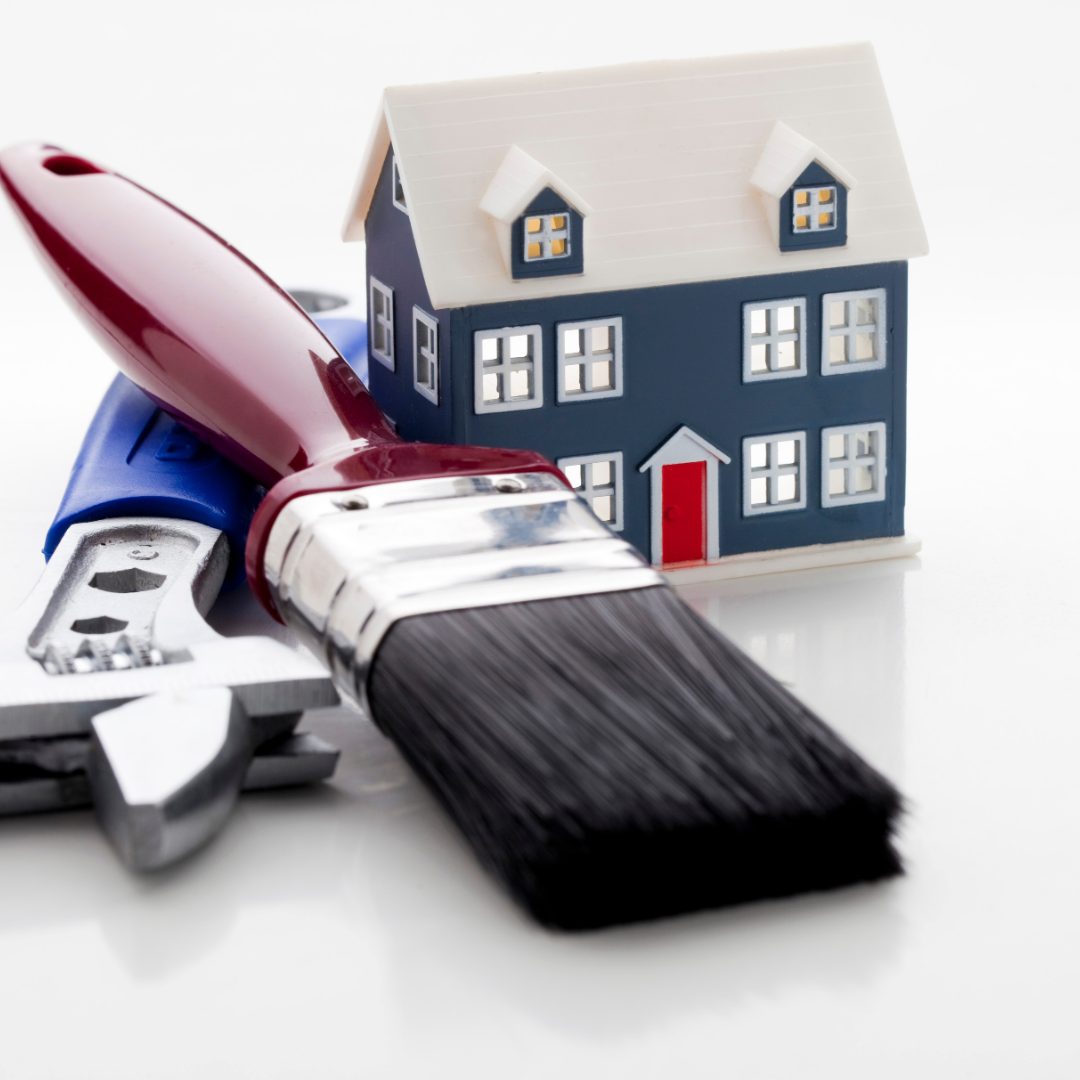When you’re selling a home in Las Vegas, there’s nothing more exciting than receiving multiple offers. It’s a clear sign your property is in demand and that buyers are eager to compete for it. But as thrilling as it feels, reviewing multiple offers can also be overwhelming. Do you simply go with the highest price, or are there other terms that matter just as much—if not more?
If you’re navigating this decision, here’s a Vegas seller decision guide to help you weigh each offer carefully and confidently.
Why the Highest Offer Isn’t Always the Best
It’s tempting to jump at the biggest number, but the reality is that not all offers are created equal. A higher dollar amount doesn’t guarantee a smoother or faster closing. Sometimes, a slightly lower offer with stronger terms can actually leave you in a better position.
For example:
-
A cash offer may close faster and with fewer risks than a higher financed offer.
-
A buyer waiving contingencies could save you time and stress compared to a higher offer packed with conditions.
-
A buyer with flexible timelines may better match your moving needs than someone pushing for a fast close.
This is why it’s important to compare all aspects of the deal, not just the price tag.
Key Factors to Evaluate When Reviewing Multiple Offers in NV
Here’s what every seller should consider when comparing offers in the Las Vegas market:
1. Price vs. Appraisal Risks
Even if a buyer offers above your asking price, their lender may not agree. If the home doesn’t appraise for that amount, you could end up renegotiating—or losing the deal altogether. Ask whether the buyer has appraisal gap coverage or cash reserves to cover the difference.
2. Financing Strength
Cash offers tend to carry fewer risks since there’s no lender involved. If financing is part of the deal, look at the type of loan (conventional, FHA, VA) and whether the buyer is pre-approved or pre-qualified. Stronger financing = higher confidence in closing.
3. Contingencies
Contingencies are conditions buyers put in place to protect themselves. Common ones include:
-
Inspection contingency
-
Appraisal contingency
-
Financing contingency
The fewer contingencies an offer has, the more straightforward the sale.
4. Closing Timeline
Do you need to sell quickly, or do you prefer extra time to plan your move? Aligning the buyer’s timeline with your needs is critical. Sometimes the offer with the best timing—not the best price—is the real winner.
5. Earnest Money Deposit
This shows how serious a buyer is about purchasing your home. A larger deposit indicates commitment and lowers the risk of them backing out.
6. Seller Concessions
Some buyers may ask you to cover closing costs or repairs. These concessions can cut into your net proceeds, so factor them into your decision.
The Seller’s Offer Evaluation Checklist
Before you accept an offer, run through this checklist:
-
What is the offer price?
-
Does the buyer have cash or strong financing approval?
-
Are there appraisal gap guarantees?
-
What contingencies are included (and how many)?
-
Does the closing timeline fit my needs?
-
How much earnest money is the buyer putting down?
-
Are seller concessions requested?
-
How does this offer affect my net proceeds compared to others?
Strategy Tip: Compare Net Sheets, Not Just Offers
Your real estate agent can create a net sheet for each offer you receive. A net sheet shows your estimated proceeds after factoring in price, concessions, and fees. This side-by-side comparison makes it much easier to see which offer is strongest in real terms.
Final Thoughts: Choose with Confidence
Selling your home in Las Vegas is one of the biggest financial decisions you’ll make. And when reviewing multiple offers in NV, the goal isn’t just to choose the highest offer—it’s to choose the best overall offer for your goals and circumstances.
With the right guidance, you can compare terms, weigh risks, and pick the offer that gives you both financial security and peace of mind.
Call to Action
If you’re facing multiple offers—or expect to soon—don’t make the decision alone. I’ll walk you through each offer, create net sheets, and guide you toward the smartest choice for your sale.
📩 Schedule your seller strategy session today and let’s review your offers the right way at myvegashometoday.com


 Facebook
Facebook
 X
X
 Pinterest
Pinterest
 Copy Link
Copy Link









